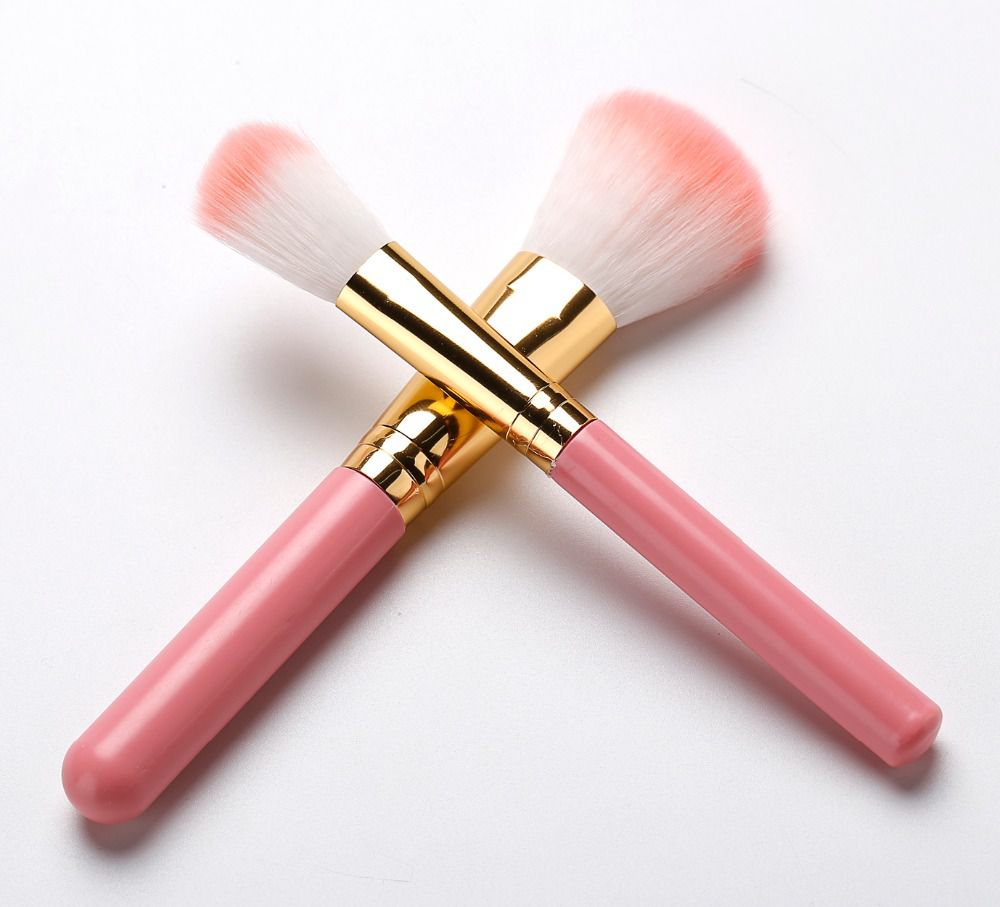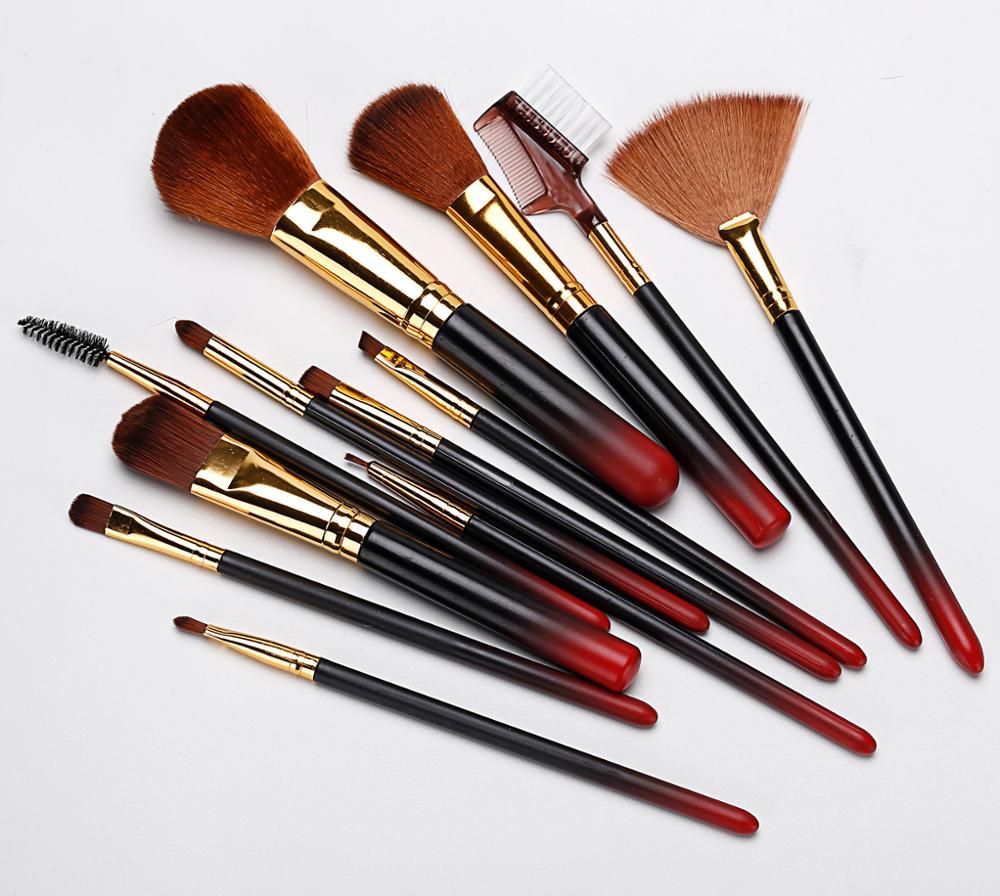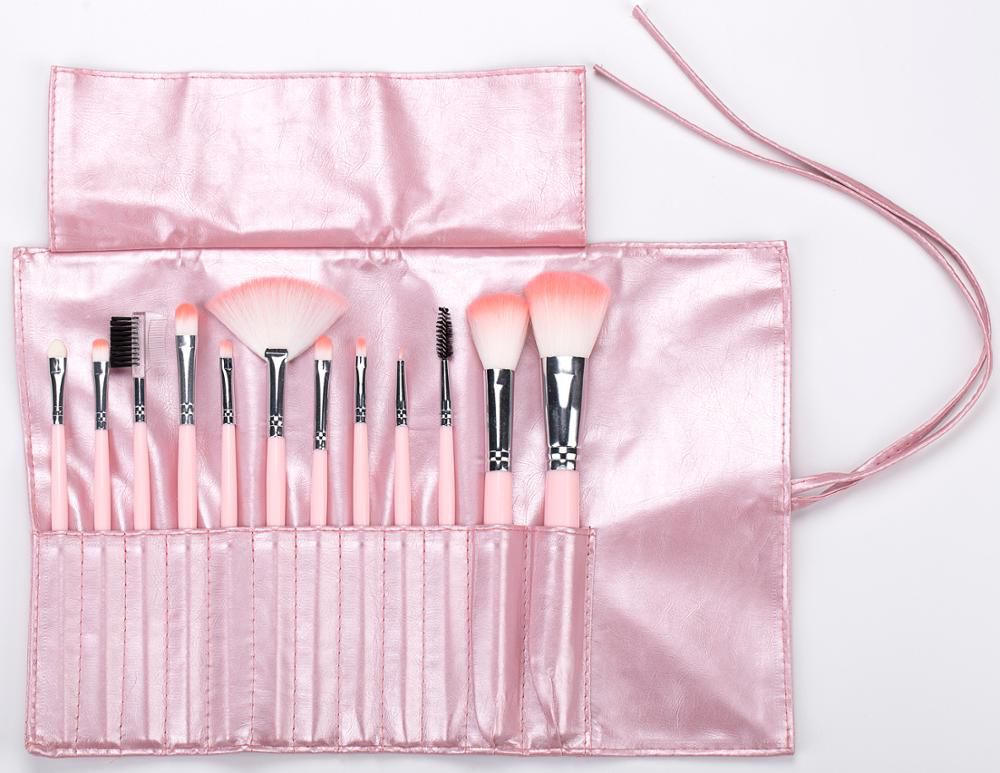Industry news
Major Cosmetic Brands Partner with Italian Brush Manufacturers for Luxury Bristle Innovations
- 690 Views
- 2025-09-10 01:30:53
Major Cosmetic Brands Partner with Italian Brush Manufacturers for Luxury Bristle Innovations
In the competitive landscape of high-end beauty, where product differentiation hinges on both formula excellence and user experience, cosmetic brands are increasingly turning to specialized manufacturing partners to elevate a once-overlooked category: the humble makeup brush. A growing trend has emerged in recent years, with major luxury cosmetic labels forging strategic partnerships with Italian brush manufacturers—renowned for their centuries-old craftsmanship and cutting-edge material science—to drive innovations in bristle technology. This collaboration is not merely about outsourcing production; it represents a fusion of heritage, technical precision, and consumer-centric design, reshaping the future of luxury beauty tools.

Italy’s reputation as a leader in brushmaking is rooted in generations of artisanal expertise. Regions like Soliera and Bologna have been hubs of brush production since the 19th century, where families honed techniques for selecting premium materials—from natural animal hairs (like sable and goat) to early synthetic fibers—and handcrafting brushes with meticulous attention to bristle density, taper, and softness. Today, Italian manufacturers have evolved beyond tradition, investing in R&D to pioneer sustainable, high-performance alternatives that meet modern consumer demands: cruelty-free credentials, durability, and enhanced functionality. This unique blend of old-world skill and forward-thinking innovation makes Italy the ideal partner for brands aiming to position their tools as “luxury accessories” rather than mere afterthoughts.
So, what’s driving this surge in partnerships? At its core is a shift in consumer behavior. Modern beauty enthusiasts—particularly in markets like the U.S., Japan, and Western Europe—are no longer satisfied with generic, mass-produced brushes. They seek tools that complement premium formulas, offering precision application, comfortable手感 (hand feel), and a touch of indulgence. For brands, this presents an opportunity to boost margins: a high-quality brush set can retail for hundreds of dollars, far exceeding the cost of production, while reinforcing a “luxury lifestyle” narrative.

Italian manufacturers bring three critical strengths to these collaborations: material innovation, engineering prowess, and design sensibility. Take bristle composition, for example. Traditional natural hairs, while prized for softness, face scrutiny over ethical concerns and inconsistency. Italian labs have responded by developing bio-based synthetic fibers—derived from plant starches or recycled plastics—that mimic the properties of natural hair (e.g., the ability to hold powder or cream formulas) while offering uniformity and cruelty-free appeal. One leading manufacturer, for instance, partnered with a French luxury brand to create a “silk-touch” bristle blend: a mix of ultra-fine polyester microfibers and bamboo-derived cellulose, engineered to glide over skin without irritation, a hit among consumers with sensitive complexions.

Sustainability is another key focus. As brands race to meet ESG targets, Italian partners are innovating in eco-friendly production. Some have introduced brushes with handles made from reclaimed wood or recycled aluminum, while others have optimized water usage in bristle washing processes by 40% using closed-loop filtration systems. A recent collaboration between an Italian manufacturer and a California-based clean beauty brand even resulted in a “zero-waste” brush line: excess bristle trimmings are repurposed into smaller tools (e.g., eyeshadow blending brushes), and packaging is made from mushroom mycelium foam.
Beyond materials, engineering precision is elevating performance. Italian manufacturers use advanced modeling software to design bristle density patterns tailored to specific formulas—dense, compact brushes for cream blushes to prevent product waste, or loosely packed, fluffy brushes for diffusing powder bronzers. One partnership with a K-beauty luxury label went a step further, incorporating 3D-printed brush heads with variable bristle lengths, inspired by the natural gradient of animal fur, to ensure seamless blending across cheekbones and jawlines.
The impact of these collaborations is rippling through the industry. Brands that once outsourced brushes to low-cost Asian manufacturers are now marketing “Made in Italy” tools as a selling point, with some even launching standalone brush collections to compete with niche luxury tool brands like Artis or Charlotte Tilbury. For consumers, the result is a new benchmark: brushes that feel as luxurious as the serums and lipsticks they apply, turning daily makeup routines into moments of self-care.
Looking ahead, this partnership model is poised to deepen. As AI and machine learning enter beauty R&D, Italian manufacturers are exploring “smart brushes”—embedded with sensors to analyze bristle wear and recommend replacements, or app-connected tools that adjust density based on a user’s skin type (e.g., softer bristles for dry skin). Meanwhile, the rise of personalization will drive demand for custom brushes, where Italian craftsmen can tailor bristle type, handle shape, and even monogramming to individual preferences.
In essence, the alliance











